“Where did I put those keys? Why can’t I focus? I’ve reread this paragraph 5 times already! I think my brain has a black hole and some of my vocabulary got lost in there! I can’t recall the words I need when I need them!”
Any of those sound familiar? You may be questioning if there is something wrong in your brain and wondering why you can’t seem to do the things you used to do! You may have also assumed that this is just a normal part of aging and there’s not much you can do to combat that. Aging is inevitable. While cognitive decline is associated with aging, it doesn’t have to happen too early, too fast or too severe.
The Bad News and The Good News about Age-related Cognitive Decline
Cognitive decline can begin as early as 45 years of age. It can show itself in numerous ways, but most commonly in the diminishment of memory, attention, processing speed and decision making. The decline can be anywhere from mild and occasional to full on dementia. Dementia happens to be one of the major causes of disability in the aging population so it’s no wonder that we fear it. Alzheimer’s disease is the most common form of dementia and accounts for 60-80% of dementia cases. While there is no cure found for Alzheimer’s yet, it has been found that there are ways to prevent it. Aging is not preventable, but studies and findings suggest that healthy lifestyle factors may protect against cognitive decline that we associate with aging.
We know that there are several risk factors directly associated with cognitive decline. Some of the risk factors are not in our control, but there are many others that are modifiable or in our control. The modifiable lifestyle factors, if addressed, may help to diminish the potential for acquiring some of the negative risk factors. By lowering those risk factors, then we could potentially delay or prevent the onset of cognitive related disease like Dementia and Alzheimer’s.
What are the Risk Factors Related to Dementia, Alzheimer’s and Cognitive Decline?
Some risk factors associated with cognitive decline are not controllable. Some of those being age, education, socioeconomic status, family history, and gene mutations. Other factors, however, may be reversible like oxidative damage and neuroinflammation. And then there are others that are very controllable. Focusing our efforts on what we can control has been shown to be very effective in delaying, reversing and preventing cognitive decline.
It is estimated that around ⅓ of Alzheimer’s disease cases worldwide might be attributed to seven potentially modifiable risk factors including: diabetes, midlife hypertension, midlife obesity, physical inactivity, depression, smoking, and low educational attainment. Studies and evidence now suggest that a “poor” lifestyle that contributes to obesity and includes a lack of physical inactivity, an unhealthy diet, smoking, and heavy alcohol consumption are associated with faster cognitive decline in old age. So we need a gameplan.
What Can I Do to Slow Down Cognitive Decline?
We all know that diet and exercise are good for heart health, strength, endurance, our immune system and weight management. But, not everyone understands that they can diminish and decrease the risk factors for cognitive decline. That’s great news! So what kind of exercise and what kind of diet or nutritional changes should you do?
Nutrition Changes that Improve Your Cognitive Function
It’s not just about what foods not to eat, but it’s equally important to consider what things to include in your daily nutrition regiment. A diet higher in vegetable consumption, antioxidant supplements, nutraceuticals, and plant-based bioactive compounds have all proven to contribute to great cognitive function.
Include foods and/or supplements that have:
- Polyunsaturated Fats
- Flavonoids
- Curcumin
- Resveratrol
- Anti-oxidants
- Minerals
- Vitamins
Avoid or minimize these things:
- Red meat
- Margarine
- Hard Cheeses
- Pastries and sweets
- Fried or fast food
Physical Exercise + An Active Lifestyle Can Improve Cognitive Function
What kind of exercise should you be doing and how much? “There’s no real clear prescription that we can provide for physical activity,” said Dr. Joel Salinas, an assistant professor of neurology at New York University’s Grossman School of Medicine, who specializes in treating people with dementia.
There have been recent studies that attempted to find this answer and determine the types, intensities and durations of activity that contribute to the protection against dementia. It was confirmed that regular physical activity, in a variety of forms, plays a significant role in decreasing the risk of developing dementia. A key word here is “regular.” In fact, if the regularity started in childhood then the prevention plan has shown to have an even stronger effect.
Vigorous exercise seems to be best, but even non-traditional exercise, such as doing household chores, can offer a significant benefit. And, surprisingly, it’s just as effective at reducing the risk in those with a family history of dementia. It’s recommended to participate in 150 minutes of moderate- to high-intensity exercise each week to promote brain health.
In summary, aging is inevitable, but cognitive decline could possibly be delayed and severe decline may be prevented! That means you can do something about it! Diet and exercise are just 2 influential strategies to interrupt the pattern of decline. There are several other factors to consider if experiencing symptoms. Set up a free consultation to find out what else you could do and what else you need to consider.
Citations:
https://www.ncbi.nlm.nih.gov/pmc/articles/PMC7680821
https://www.nytimes.com/2022/08/15/well/move/exercise-dementia-risk.html
https://www.mdlinx.com/article/foods-that-fight-memory-loss
https://www.ncbi.nlm.nih.gov/pmc/articles/PMC4581900/
Gurjit Kaur Bhatti, Arubala P. Reddy, P. Hemachandra Reddy and Jasvinder Singh Bhatti. “Lifestyle Modifications and Nutritional Interventions in Aging-Associated Cognitive Decline and Alzheimer’s Disease. Frontiers in Aging Neuroscience, January 2020 | Volume 11 | Article 369






